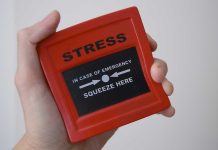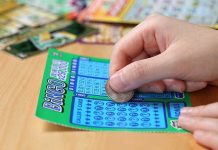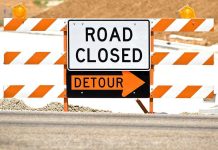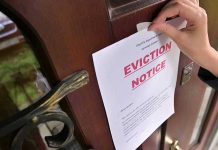
(DailyDig.com) – If someone has only heard the name mentioned, they might think the HUD Dollar Home program would be the perfect way to get a home for super cheap, even if they have to fix it up. After all, many European communities offer 1 euro homes directly to buyers.
But HUD Dollar Homes don’t sell directly to consumers. However, the program is designed to help communities provide affordable housing, so there’s still a chance that a HUD Dollar Home could be available for someone in need.
How the HUD Dollar Home Program Works
HUD (Housing and Urban Development) is responsible for selling homes that were acquired through foreclosure by the Federal Housing Administration (FDA), which is part of HUD. FDA provides home loans and insures home loans provided by for-profit lenders to help lower-income homebuyers get into the market without the need for a large down payment.
When the homeowners are unable or unwilling to make their mortgage payments, FDA has to foreclose and take the home back in order to recover at least some of the lost money.
HUD then sells the foreclosed homes, generally at below-market prices, to reduce the government’s loss by as much as possible. Home enter the Dollar Home program when two conditions are met:
- The home must have a market value of $25,000 or less.
- HUD has been unable to sell the home after at least six months on the market.
Once those conditions are met, HUD offers the houses to the community for $1. The community then has the option to sell the house as-is or to fix up the house and sell it as affordable housing. The community also can partner with a local housing assistance program, such as Habitat for Humanity, to repair and sell the home. In those cases, potential homebuyers would need to go through the agency’s application process and meet their requirements.
HUD homes for sale are listed on the HUD Home Store.
Other Options HUD Offers for Affordable Housing
HUD supports other housing programs that eligible low- to moderate-income homebuyers may be interested in. Among them are:
- Public housing: HUD owns and manages homes through local public housing agencies where lower-income residents pay 30 percent of their income to rent the housing. Qualifications for public housing at set at the local level based on household income, family status, citizenship status, and eviction history.
- Subsidized housing: HUD contracts with certain landlords to provide reduced rent with HUD paying the difference. The amount subsidized by HUD will be based on similar qualifications as public housing.
- Housing Choice Voucher Program: HUD provides housing choice vouchers, also known as Section 8, where the family or individual can find any rental housing that meets their needs and pay part of the rent with the voucher. This program has similar qualifications to public housing.
- Good Neighbor Next Door: This special program is designed to create good neighbors in revitalization areas. Good Neighbor Next Door allows law enforcement officers, firefighters, emergency medical technicians, and teachers (pre-kindergarten through 12th grade) to purchase qualifying homes for 50 percent of the asking price, with HUD covering the remainder. Qualifying homes are listed through the Good Neighbor website for the first seven days they are on the market. Qualifying buyers must submit an interest form for a property. If multiple buyers submit for a property, a random drawing is conducted. Homebuyers must sign a second mortgage and note with HUD, which is dismissed when they pay off the primary mortgage. Buyers must agree to live in the home for at least three years.
HUD also offers other affordable housing programs for persons with disabilities, the elderly, and Native Americans.
Copyright 2022, DailyDig.com













